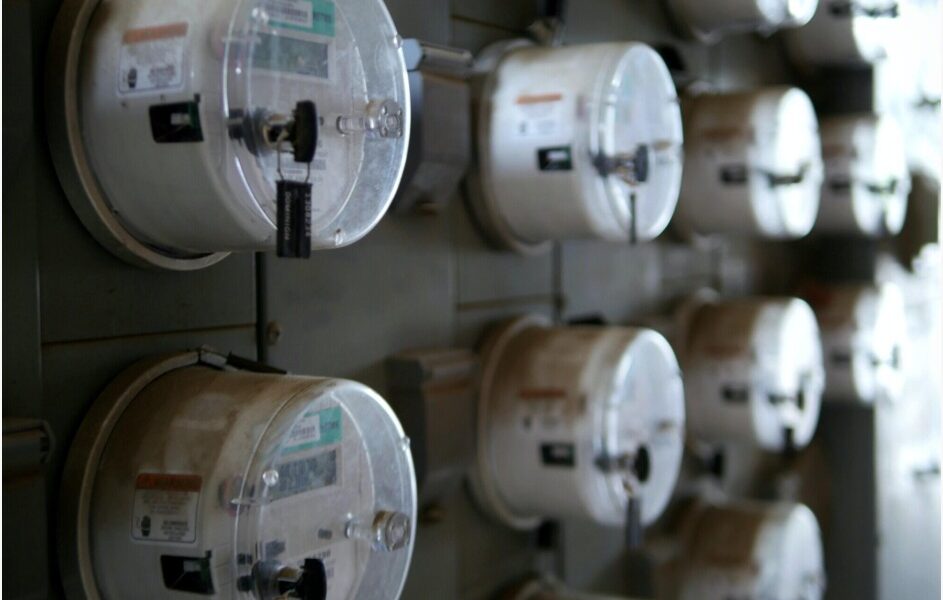Pros and Cons of Net Billing vs Net Metering: Which is Right for Your Home?

When it comes to managing your home’s energy, especially if you’re leaning into renewable sources like solar power, how you’re billed is a big deal.
Two common terms you might have encountered are net billing and net metering. But are you aware of the pros and cons of each option? Do you know which one would be most suitable for your home?
To answer your question and more, keep on reading. In this article, we’ll discuss the advantages and disadvantages of net billing vs net metering so you can make an informed decision.
What Is Net Metering?
Net metering is a billing system that allows homeowners with solar panels or other renewable energy sources to sell excess electricity back to the grid. This means that if your solar panels produce more energy than you use, the excess will be sent back to the grid.
Your utility company will then credit you for the excess energy, which will be deducted from your monthly bill. So, essentially, you only pay for the difference between the energy you consume and the energy you produce.
Pros of Net Metering
Using net metering has many advantages. This includes:
Savings on Utility Bills
The primary benefit of net metering is that it allows you to save money on your utility bills. Since you’re producing your own energy, you’ll use less electricity from the grid, resulting in lower monthly bills and potential long-term savings.
Promotes the Use of Renewable Energy
Net metering encourages using renewable energy sources, such as solar power. Considering options like solar energy solutions in Chicago with net metering in place can help reduce carbon emissions and promote a cleaner environment. This can also contribute to a more sustainable future for our planet.
Flexibility in Energy Consumption
With net metering, you can use as much energy as you need. As long as your solar panels produce enough energy, you can consume as much as you want without incurring additional costs. This gives homeowners more control over their energy consumption and allows for potential savings during peak usage times.
Simple and Easy to Understand
Net metering is a straightforward billing system that is easy to understand. You don’t have to worry about complicated calculations or confusing bills. Your utility company will handle all the technicalities, making the process seamless.
Cons of Net Metering
While net metering has its advantages, it’s not without its drawbacks. Some potential disadvantages include:
Initial Investment
Installing solar panels and other renewable energy systems can be expensive upfront. This initial investment may not be feasible for everyone, especially those on a tight budget.
Dependent on Weather and Time of Day
Net metering relies heavily on the weather and time of day. If you live in an area with fewer hours of sunlight or experience frequent cloudy days, your solar panels may not produce enough energy to meet your needs.
May Not Cover All Your Energy Needs
Depending on the size and efficiency of your renewable energy system, net metering may not cover all of your household’s energy consumption. This means you’ll still have to rely on the grid for a portion of your electricity and pay for that usage.
What Is Net Billing?
Net billing differs from net metering in that it pays homeowners for the total energy they produce, regardless of how much they consume.
This means that if your solar panels produce excess energy, you’ll get paid for it at a predetermined rate. However, you’ll also have to pay for all the electricity you use from the grid at the standard rate.
Pros of Net Billing
Net billing also has its own set of advantages, such as:
Guaranteed Compensation for Excess Energy
With net billing, you’ll always be compensated for the excess energy your solar panels produce. This provides a sense of security and stability in terms of income.
Promotes Efficient Energy Use
Since net billing pays homeowners for all the energy they produce, it encourages the efficient use of renewable energy systems. This means that homeowners may be more mindful of their energy consumption.
Potential to Earn More
If your renewable energy system is highly efficient, you can earn more money through net billing than with net metering. This can help offset the initial investment of installing renewable energy systems.
Cons of Net Billing
Just like net metering, net billing also has some potential drawbacks, including:
Higher Upfront Costs
Installing renewable energy systems can be expensive. With net billing, you may have to cover the total cost upfront before receiving any compensation for excess energy. This can be a significant barrier for some homeowners.
Less Flexibility in Energy Consumption
Unlike net metering, net billing requires you to pay for all the energy you consume from the grid at the standard rate. This means you have less flexibility in managing your energy consumption and potential savings during peak usage times.
More Complex Billing System
Net billing can be more complicated than net metering. This is due to the need for separate calculations and bills for your energy production and consumption. This can be overwhelming for some homeowners.
Making the Best Choice for Your Home
To make an informed decision tailored to your home energy management, consider the following:
Understand Local Policies
Solar energy policies vary greatly by location. Some areas might only offer one option, while others could allow you to choose.
Evaluate Your Energy Usage
If your home typically uses most of the energy it produces, net billing might offer better financial rewards. Conversely, net metering might provide greater savings if you often have excess energy.
Consider Future Changes
Energy policies and solar technology are rapidly evolving. Keep in mind that rules regulating net metering and net billing could change, impacting your long-term benefits.
Speak to an Expert
The best way to determine which option is right for your home is by consulting a solar energy professional. They can assess your energy consumption and needs and recommend the most suitable billing option.
Exploring the Pros and Cons of Net Billing vs Net Metering
Choosing between net billing vs net metering can be a tough decision. Both have their pros and cons, and ultimately, the right choice depends on your specific situation.
Whether you opt for net metering or net billing, one thing is certain-investing in renewable energy for your home can have long-term benefits for your finances and the environment.
So, what are you waiting for? Take the first step towards a greener future today!
Was this article helpful? If so, check out the rest of our site for more informative conte





